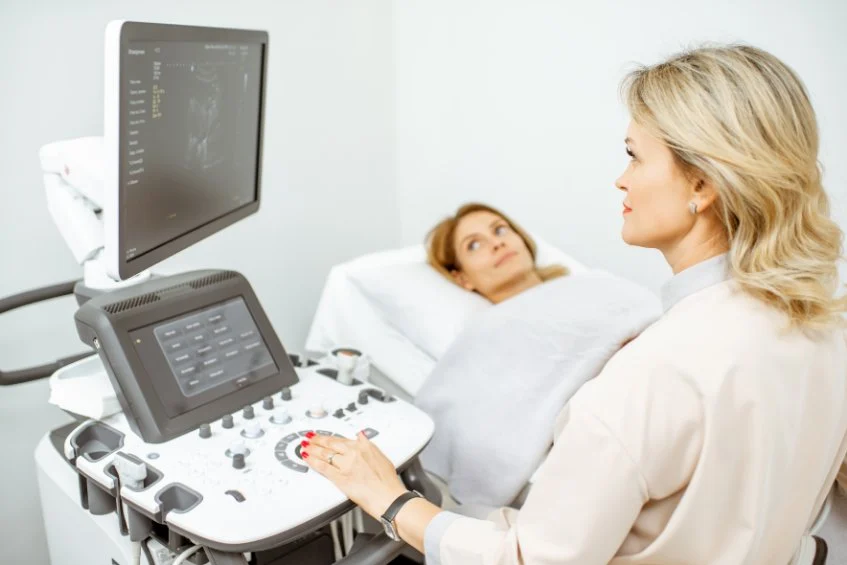Pelvic inflammatory disease (PID) is a condition that can affect the female reproductive organs. Obstetricians and gynecologists play a key role in diagnosing and treating it. PID often develops after sexually transmitted infections move upwards from the vagina or cervix. Early detection is vital. Routine checks, like the johns creek breast exam, help maintain overall health. Understanding PID helps prevent complications like infertility or chronic pelvic pain. Let’s explore how obstetricians and gynecologists approach this condition.
What is Pelvic Inflammatory Disease?
PID is an infection of the female reproductive organs. It usually involves the uterus, fallopian tubes, and ovaries. It is caused by bacteria, often from sexually transmitted infections like chlamydia or gonorrhea. If left untreated, PID can lead to severe health problems. Awareness and early treatment are key to managing this infection.
Symptoms of PID
Symptoms can vary, making PID tricky to detect. They can be mild or severe. Some women experience:
- Pain in the lower abdomen
- Fever
- Unusual discharge with a bad odor
- Painful intercourse
- Burning during urination
- Irregular menstrual bleeding
Early intervention is crucial. If any of these symptoms appear, seeing a healthcare provider is important.
Diagnosis and Treatment
Obstetricians and gynecologists use various methods to diagnose PID. These include pelvic exams, swabs for infections, and ultrasounds. In some cases, they may recommend a laparoscopy to see the organs directly.
Treatment usually involves antibiotics to fight the infection. Sometimes, more than one antibiotic is necessary. It’s crucial to complete the entire course of antibiotics, even if symptoms improve. In severe cases, hospitalization may be required. Surgery is rare but may be needed if an abscess forms.
Preventing PID
Prevention is the best approach. Here are key prevention strategies:
- Practice safe sex
- Get regular STI screenings
- Ensure your partners are tested and treated
Regular gynecological check-ups are vital. These include exams like the CDC-recommended STI screenings. Early detection of infections can prevent PID.
Complications of Untreated PID
Untreated PID can lead to serious health issues. Some potential complications include:
- Infertility due to damage to reproductive organs
- Chronic pelvic pain
- Ectopic pregnancy, where a fertilized egg implants outside the uterus
Comparing PID and Other Common Conditions
| Condition | Main Cause | Key Symptoms |
|---|---|---|
| PID | STIs (e.g., chlamydia, gonorrhea) | Abdominal pain, fever, discharge |
| Endometriosis | Tissue growth outside uterus | Painful periods, pelvic pain |
| UTI | Bacterial infection | Burning urination, frequent urge |
The Role of Obstetricians and Gynecologists
These specialists are crucial in managing reproductive health. They guide patients through prevention, diagnosis, and treatment of conditions like PID. Regular visits ensure early detection and treatment of infections. They provide education on safe practices to help prevent infections.
Understanding PID and its implications empowers women to take charge of their health. Trusting healthcare providers and staying informed about reproductive health can make a significant difference. By following prevention guidelines and seeking prompt care, complications can be avoided.



